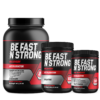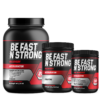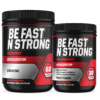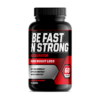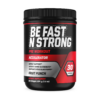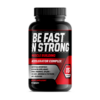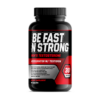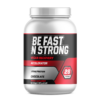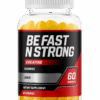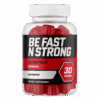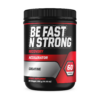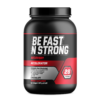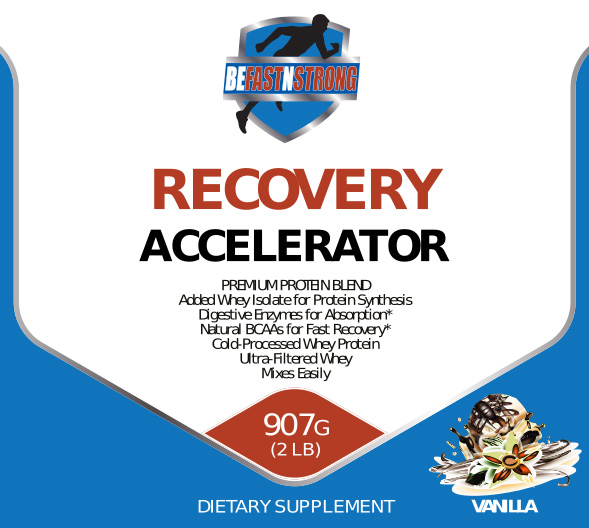Understanding Cortisol: How It Impacts Muscle Growth and Fat Loss
Did you know that high cortisol levels not only contribute to excess body fat but can also prevent protein synthesis and lead to muscle breakdown? While cortisol is a crucial hormone for our body’s overall function, elevated levels can wreak havoc on our health and fitness goals.
When cortisol levels spike, it can lead to increased stress, irritability, and poor sleep quality. It reduces blood flow, leading to lactic acid buildup in our muscles, and slows down the recovery process, making it harder to build and maintain muscle. Cortisol also lowers testosterone, growth hormone, and progesterone levels—hormones essential for muscle building and fat loss—while increasing estrogen levels. This hormonal imbalance can make it even harder to shed fat, especially around the midsection.
Additionally, high cortisol can damage cells and increase insulin resistance, leading to future spikes in insulin and more stored fat. It also disrupts our sleep patterns, preventing the deep, restorative sleep needed for muscle recovery and fat burning. To top it off, cortisol increases the hunger hormone ghrelin, making us feel hungry even when we don’t need to eat.
For optimal muscle growth, fat loss, and overall health, it’s important to keep cortisol levels balanced. In this blog post, we’ll explore how cortisol works and share tips on how to manage it effectively to achieve the body you want.
This is part of our Be Fast n Strong Lean Body/Lean Bulk Guide, where we dive into strategies for building lean muscle without the need for extreme bulking and cutting. Whether your goal is to slim down, tone up, or add lean muscle while losing fat, this guide has you covered.
Read on to learn more about How Cortisol Affects Muscle Growth and Fat Loss and how you can take control of your cortisol levels for better results.


